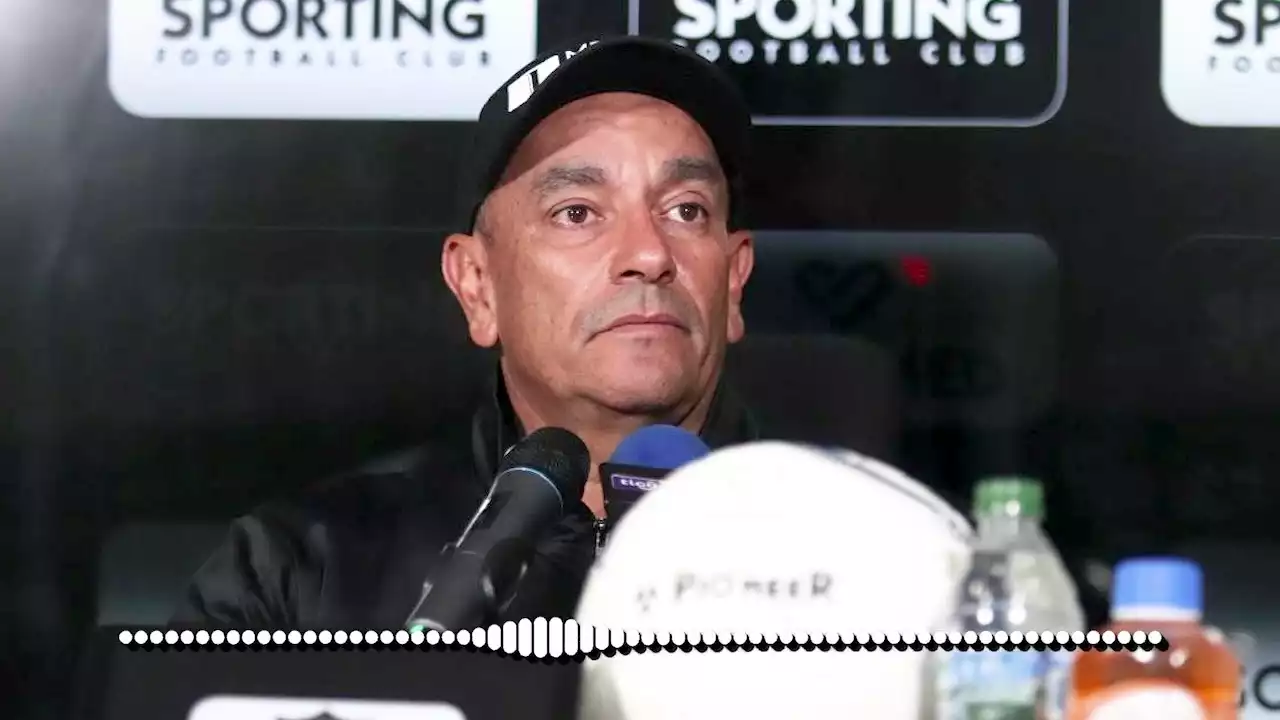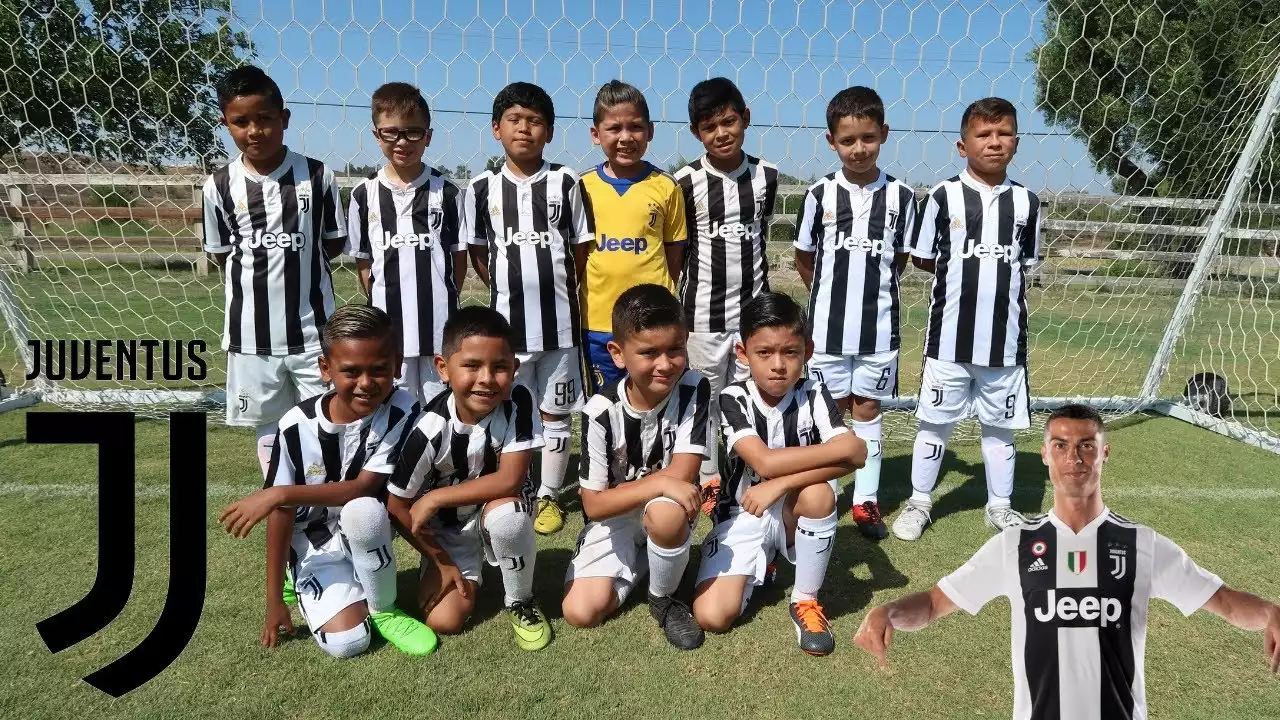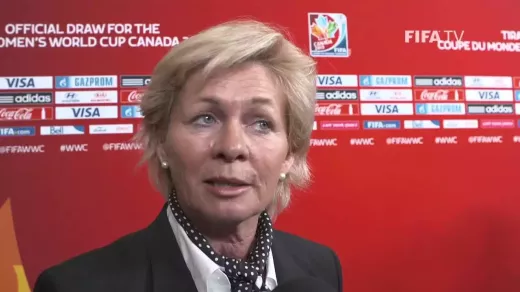The Role of a Manager in Football
The role of a manager in football is multifaceted and requires a unique skill set. Managers are responsible for overseeing all aspects of a team's performance, from training sessions to match tactics. They are not just leaders on the field, but also off it, as they need to manage player egos, handle media pressure, and build strong relationships with the club's board and supporters. A successful manager must possess a deep understanding of the game, exceptional communication skills, and the ability to make quick and decisive decisions under pressure.
Factors that Contribute to a Successful Manager
While every manager has their own approach to the game, there are certain factors that contribute to their success. First and foremost, a successful manager must have a clear vision and strategy for the team. They need to be able to analyze their opponents, identify their weaknesses, and devise tactics that exploit them. Additionally, a successful manager must have the ability to inspire and motivate their players. They need to create an environment where players feel valued, empowered, and motivated to give their best on the field. Furthermore, a successful manager must be adaptable and willing to embrace change. Football is a constantly evolving game, and a manager who can adapt their tactics and strategies to suit different opponents and situations has a higher chance of success.
Manager 1: Paulo Wanchope
Paulo Wanchope is one of the most successful managers in Costa Rican Liga FPD history. Having made a name for himself as a prolific striker during his playing career, Wanchope seamlessly transitioned into management after retiring from the game. He took charge of Herediano in 2016 and led them to back-to-back league titles in 2017 and 2018. Wanchope's success can be attributed to his ability to instill a winning mentality in his players and his tactical astuteness. He emphasizes attacking football, encouraging his team to play with flair and creativity. Under his guidance, Herediano became a force to be reckoned with in Costa Rican football.
Manager 2: Oscar Ramírez
Oscar Ramírez is another manager who has left an indelible mark on Costa Rican Liga FPD. Ramírez, known for his meticulous planning and attention to detail, took charge of Alajuelense in 2017. He transformed the team into a well-oiled machine, implementing a disciplined and organized playing style. Ramírez's ability to extract the best out of his players and his tactical brilliance has resulted in Alajuelense winning multiple league titles under his guidance. His success has not gone unnoticed, as he has been praised for his ability to adapt his tactics to different opponents and situations.
Manager 3: Jonny Chaves
Jonny Chaves is a manager who has made waves in Costa Rican Liga FPD with his innovative approach to the game. Chaves, known for his analytical mindset and commitment to continuous improvement, took charge of Cartaginés in 2019. He implemented a data-driven approach to player recruitment and match analysis, which has helped Cartaginés punch above their weight. Chaves focuses on developing young talent and creating a cohesive team dynamic. His ability to identify and nurture promising players has paid off, as Cartaginés has enjoyed a resurgence under his guidance.
Manager 4: Rónald González
Rónald González is a manager with a wealth of experience in Costa Rican Liga FPD. Having previously served as the head coach of the Costa Rican national team, González brings a wealth of knowledge and expertise to the table. He took charge of Alajuelense in 2019 and led them to the league title in his first season. González's success can be attributed to his ability to create a strong team spirit and his tactical flexibility. He is known for his ability to make astute substitutions and change formations mid-game to exploit the weaknesses of the opposition.
Manager 5: Daniel Casas
Daniel Casas is a rising star in the world of football management. Having taken charge of Grecia in 2020, Casas has quickly made a name for himself with his innovative approach to the game. He emphasizes a possession-based playing style, encouraging his team to dictate the tempo of the game. Casas's ability to develop young talent and his tactical acumen has resulted in Grecia surpassing expectations and challenging the traditional powerhouses of Costa Rican Liga FPD.
Key Achievements and Contributions of Each Manager
Each of these managers has made significant contributions to Costa Rican Liga FPD. Paulo Wanchope's emphasis on attacking football and winning mentality has propelled Herediano to success. Oscar Ramírez's disciplined and organized playing style has transformed Alajuelense into a dominant force. Jonny Chaves's innovative approach to the game has helped Cartaginés punch above their weight. Rónald González's tactical flexibility and ability to create a strong team spirit has led to Alajuelense's success. Daniel Casas's possession-based playing style and ability to develop young talent has put Grecia on the map.










